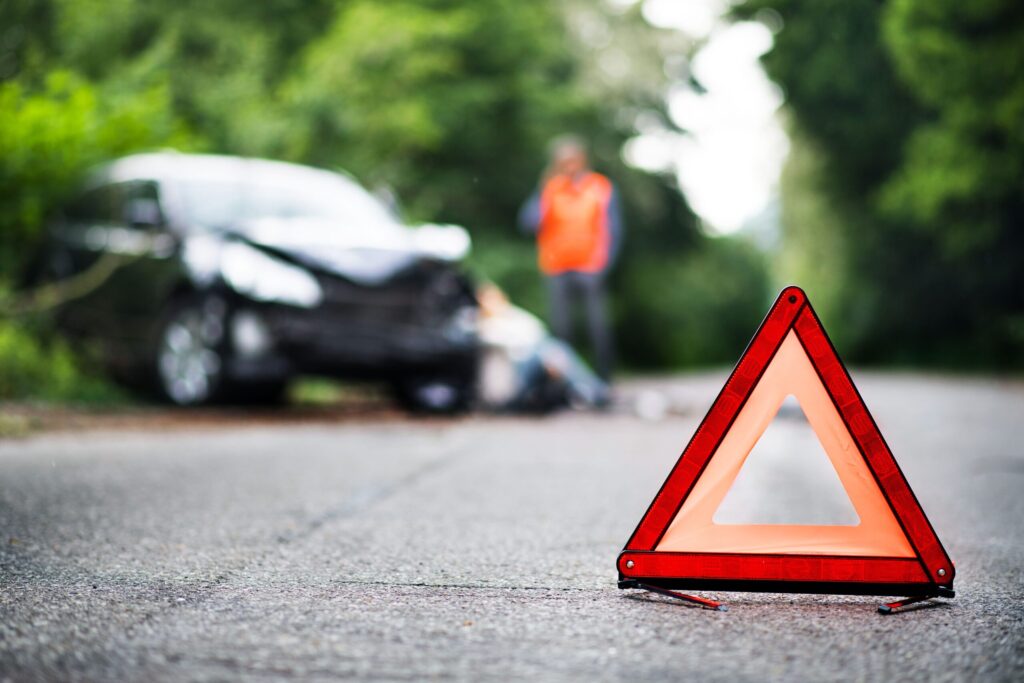

If you've suffered injuries like fractures, those demanding hospitalization or surgeries, noticeable scarring, or emotional distress needing therapy, Bellevue's leading personal injury lawyers, McNeese & Trotsky, are ready to assist.
Reach out for a no-obligation assessment of your case.
A personal injury claim in Bellevue hinges on demonstrable fault and tangible damages. With the seasoned team at McNeese & Trotsky, we'll work closely to lay down a formidable case, showcasing the defendant's negligence and your resulting injuries.
Pondering the potential of your Bellevue personal injury claim? Let's break it down into four primary concerns. Connect with our expert attorneys in Bellevue to delve deeper.
Speak to a personal injury attorney today
Call our office (206) 332-1918 or the form below to schedule a free case review.
Fault Identification: The Foundation
Unraveling the blame game in Bellevue personal injury matters calls for extensive fact-checking, trusty eyewitnesses, and airtight evidence. The skilled team at McNeese & Trotsky excels at these intricate investigations, guaranteeing your case is ironclad.
Employing an all-encompassing strategy, our Bellevue team ensures you're backed by compelling evidence and testimony. Lean on McNeese & Trotsky to champion your cause in Bellevue.
Navigating Insurance: Unearthing the Coverage
Evaluating the scope of insurance for compensatory damages in Bellevue's personal injury cases is pivotal. It's about identifying the potential sources, whether it’s from your pocket, the liable party's, or another entity.
Especially for car accidents in Bellevue, insurance considerations might involve:
- Insurance of the Driver: Relevant if the injury stemmed from a vehicle incident.
- Insurance of the Vehicle's Owner: Applicable if the driver was not the vehicle's owner.
- Insurance of the Injured: At times, the victim's own insurance could provide the needed coverage.
- Insurance of a Co-Inhabitant: In select scenarios, a co-resident's policy might be applicable.
Recoverable Damages: What's on the Table?
Bellevue's personal injury claims typically encompass two categories: general and special damages.
- General Damages: These cover the intangible aspects, like mental anguish and physical discomfort.
- Special Damages: Direct monetary repercussions post-injury, including healthcare expenses or lost earnings.
In Bellevue, McNeese & Trotsky's adept lawyers will work diligently, ensuring you receive what you’re owed.
Post-Incident Medical Checks: A Necessity?
Prioritizing health checks after any incident is essential. Given the body's initial shock response, latent symptoms might emerge. Regular health assessments not only safeguard your health but also solidify your Bellevue personal injury claim.
